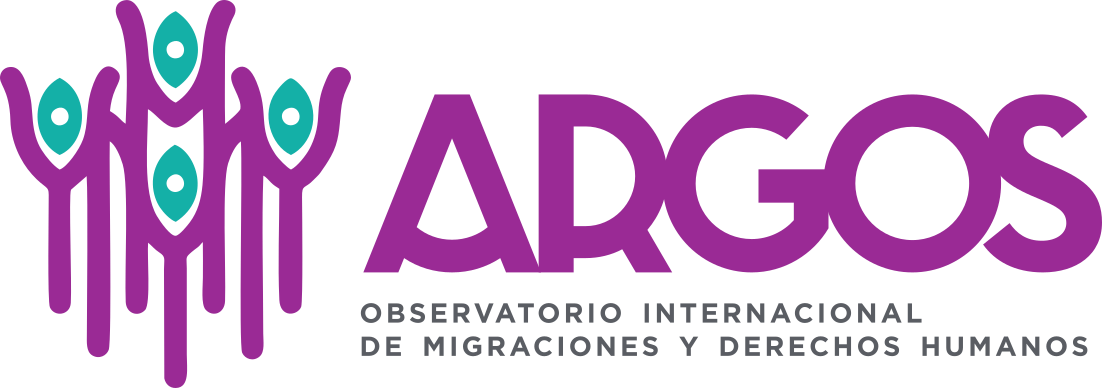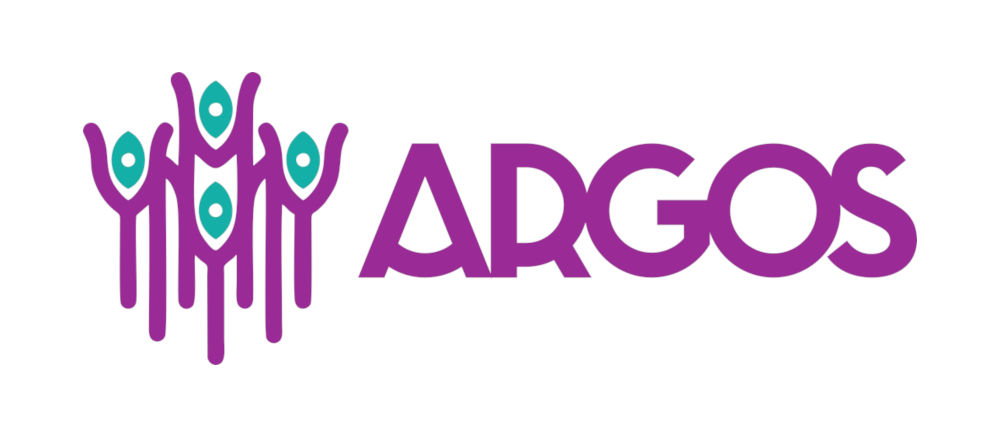September 2, 2021
From ARGOS – International Observatory for Migration and Human Rights we express our concern regarding the refugee crisis coming from Afghanistan as a consequence of the retaking of the Afghan Government by the Taliban forces.
We express great alarm at the violations and abuses of human rights and breaches of international humanitarian law in Afghanistan. We believe that there is sufficient information available today to know that Afghanistan is a country where citizen security is not guaranteed, leading many people to seek asylum and refuge.
Likewise, we have received recent information that Germany, Austria, Denmark, Belgium, the Netherlands and Greece have requested the European Commission to allow the deportation of Afghans back to Afghanistan by pressuring or negotiating with Afghanistan’s neighboring countries, in what constitutes an act of externalization of asylum that contravenes international law.
In the face of these serious situations:
We demand that the current Afghan authorities fully respect the human rights of all persons, including women, children and persons belonging to ethnic and religious minority groups.
We urge the international community and especially the administration of the European Union to:
• Act in solidarity and in accordance with international law, in accordance with the commitments they have assumed in the field of human rights, following the example of governments that have decided to establish legal channels for the reception of persons from Afghanistan who so request.
• Establish measures against the expulsion and return of the Afghan population, providing them with medical or asylum treatment and translation services when necessary, the use of personal protective equipment, frequent testing and social distancing, and ensure that asylum seekers and migrants have adequate shelter, prioritizing family and small group care.
• Ensure the fair and humane treatment of Afghan refugees by responding to them in a manner that is fair, efficient and respectful of their rights, and by implementing public health measures to limit the spread of COVID-19, with adequate assistance provided in terms of vaccine allocation.

